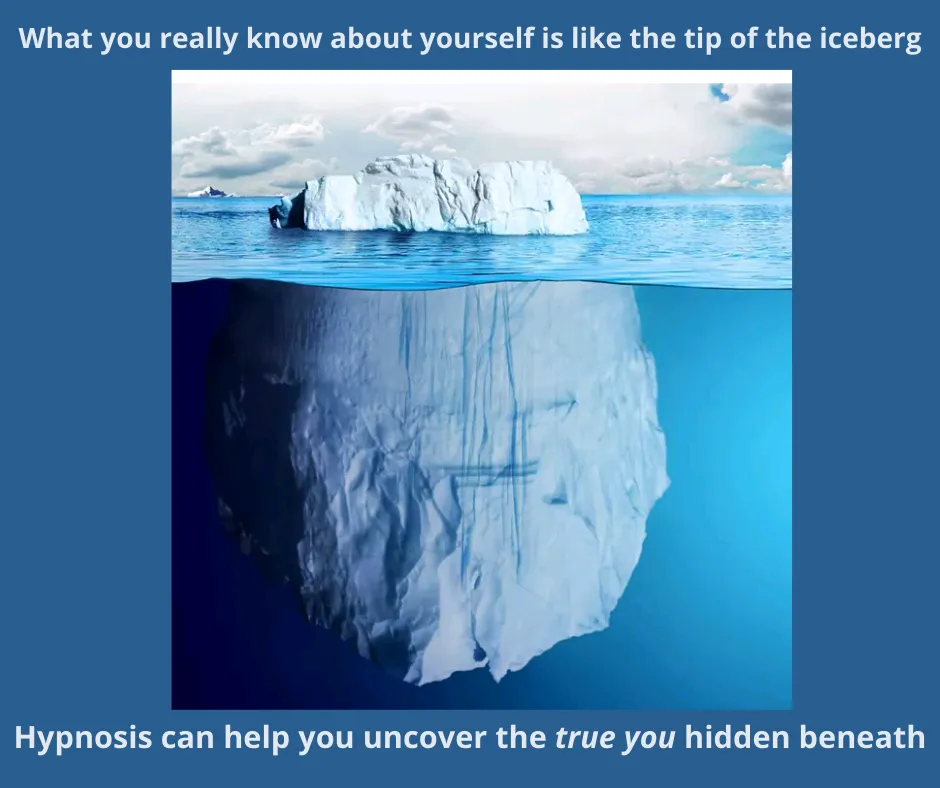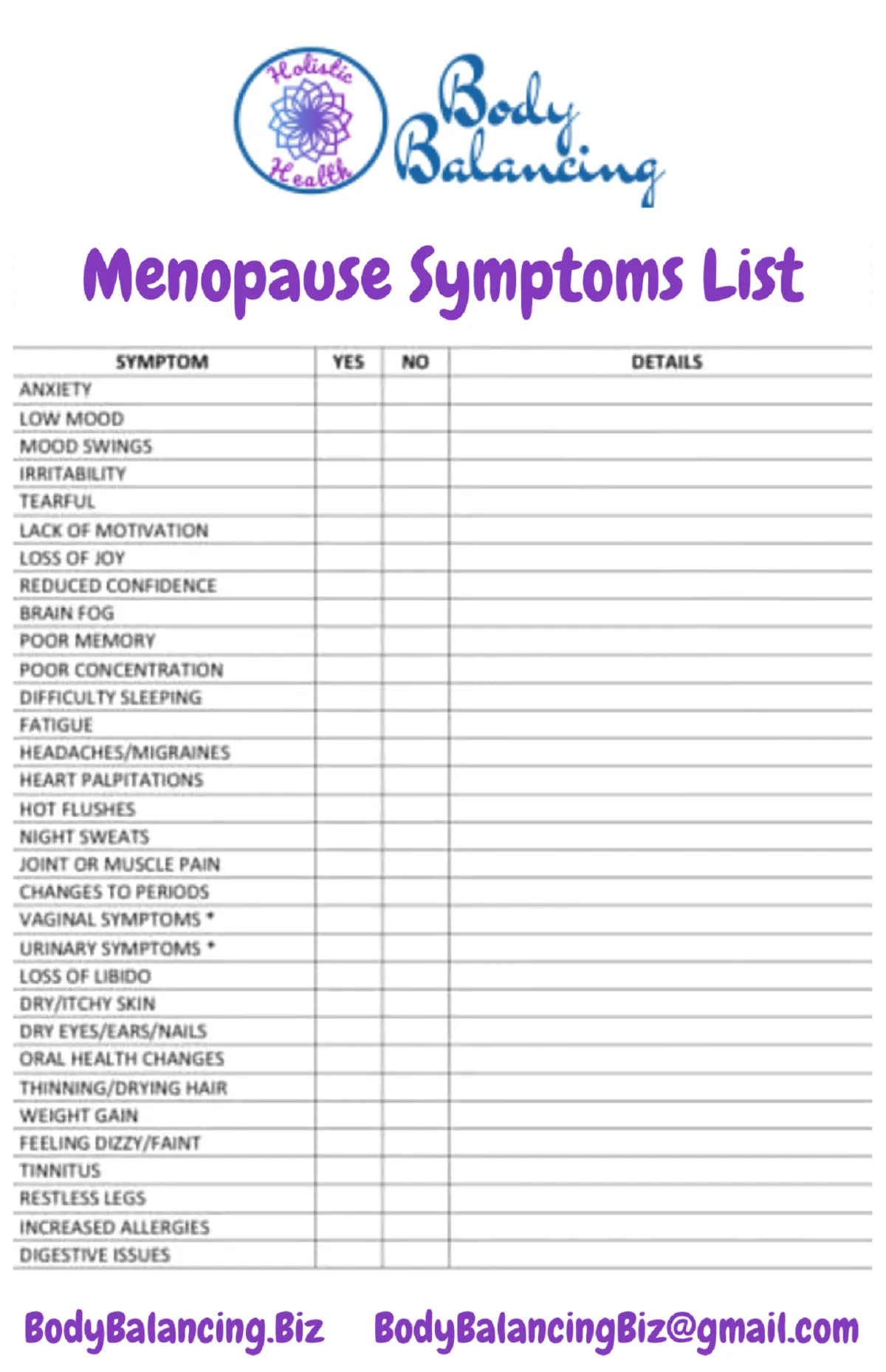Call to book an appointment
+1 501-491-0177
Helping You Gently, Easily & Naturally Overcome
Your Menopausal Symptoms & Reconnect With Your Body
Frequently Asked Questions
What is the Difference Between Peri-Menopause, Menopause & Post-Menopause?
Peri-Menopause
Peri-menopause literally means “around menopause” and is the time when women begin the transition to menopause. For some women, the symptoms of this transitionary phase can mimic the symptoms of menopause. This transition process can start several years before true menopause begins.
Most women experience the start of peri-menopause in their 40s, but it can occur in younger woman, especially if there have been surgical interventions like a hysterectomy.
During peri-menopause, the drop in estrogen accelerates. Eventually a woman’s ovaries will stop releasing eggs. For most women, this transitionary phase typically lasts 12-24 months, and even longer for some women.
A woman is considered to have transitioned from peri-menopause to menopause when they have not had their monthly period for 12 consecutive months.
Menopause
Invariable between mid-40's to early 50's, hormones like estrogen, progesterone and testosterone start diminishing. This reduces the frequency of menses (periods) until they stop altogether.
This can bring about a variety of external physical symptoms:
You may feel scattered and unpredictable - hot and bothered one day; withered, cold, and withdrawn the next. You may experience random anxiety or depression, cravings for sugar weight gain, hot flashes or night sweats, insomnia, mood swings to name a few.
But like an iceberg, there’s even more going on beneath the surface. Entering menopause signals the end of a woman’s reproductive viability. Some societies cast negativity on this phase of life and many women feel that they have lost their sexual vitality as their libido's decline and vaginal dryness makes intercourse painful.
I have had clients tell me that they feel that their bodies have let them down, that they no longer recognize themselves. Some feel that they’ve deteriorated or declined.
So little is spoken about and shared regarding menopause, that many feel duped as these physical changes in lead us through a natural - but often less-than-pleasant experience our life.

Post-Menopause
Post-menopause refers to the years after menopause. In post-menopause there is a usually a reduction in symptoms like hot flashes, which are not as powerful and are less frequent.
During post-menopause women have a lower level of estrogen and are therefore at a higher risk for osteoporosis, which can cause fractures, muscle cramps and joint pain.
High cholesterol, elevated blood pressure and heart disease can occur, which is why diet is so important. Collagen is reduced which is why wrinkles develop, skin becomes dryer, and some women experience hair loss.
Other symptoms of post-menopause may include UTI's causing urethra or bladder infections, stress incontinence (urine leakage) when laughing, coughing or sneezing, high blood pressure, osteoporosis which causes fractures, foot and leg cramps and bone pain.

How Can I Make My Menopause More Manageable?
Take control of your health and your life with:
* Natural lifestyle changes:
👉🏽 Improve your diet - eliminate refined carbohydrates
👉🏽 Avoid alcohol, caffeine and sugar
👉🏽 Eating more vegetables and fruit
👉🏽 Avoid fast foods
👉🏽 Stay hydrated with 8 glasses of water daily
👉🏽 Ensure good quality sleep for 7-8 hours per night
👉🏽 Reflection, meditation, gratitude & prayer
👉🏽 Daily Movement - walk, yoga, gym - whatever feels good for you
* Integrative therapies like:
👉🏽 Hypnotherapy, massage, acupuncture, reflexology,
👉🏽 Homeopathic, nutritional & herbal supplements, aromatherapy and chiropractic.
* As a last resort:
👉🏽 Medical interventions like HRT (hormone replacement therapy) or surgeries.
But please remember - there are so many natural solutions and options to consider first, with less side effects or risk.
Is There an Upside to Menopause?
You are now the wise matriarch, who has successfully created a home, possibly birthed and raised children, and now it is time for your personal reflection.
Most of your life, you have probably paid more attention to your physical appearance and been more focused your attention outward. But now is the time to take care of your emotional needs, to nurture yourself and look deeper within.
As you age, the more at home you can begin to feel in your own skin. Major hormonal changes like menopause can give you access to becoming more in touch with your body, reminding you of the need to treat yourself with greater kindness and compassion.
I hope this phase of your life will prompt you to look inward and cater to your spiritual, emotional and psychological needs.
Questions About Hypnosis
How Can Hypnosis Improve My Menopause Symptoms?
The hypnotic state is a natural state of mind that creates an environment within the brain that alters the way information is processed. Through hypnosis, your sense of control over what is happening within your own body is restored. It is incredibly calming and effective in creating changes quickly and permanently. Hypnotherapy helps you harnesses the power of your own mind so you can create the changes you desire by providing you the ability to relieve your menopause symptoms.
During Hypnosis, the critical factor is bypassed to allow empowering suggestions to be received, that directly impact the physiological and psychological responses you have been experiencing. These suggestions are designed to give you improved control and normalization of function, while creating a sense of calm that further assists in the relief of your symptoms.
Hypnosis supports you to easily reduce cravings and overcome your weight issues, improve your sleep, create more stable moods and can reduce both the frequency and severity of hot flushes and night sweats. Each session is customized to address your specific needs. Hypnotherapy is a safe, relaxing solution to help you better manage any uncomfortable symptoms of menopause.
Are There Studies to Show Efficacy of Hypnosis?
Weight
In a Study of 60 female participants conducted by Cochrane et al, Hypnosis was shown to be more than 30x more effective for weight loss. These women, who were more than 20% overweight were divided the participants into 2 groups; one who received hypnosis treatment, and a control group who did not receive any hypnosis. Results showed that the group who received Hypnosis lost more weight, an average of 17lbs over the course of the study, compared to women in the control group losing only 0.5lbs
Sleep
In a 1991 research study by Hurwitz et al examined the potential benefits of specific sleep issues with hypnosis. Thirty-six clients experienced 1 or 2 hypnotherapy sessions and were then followed up for 5 years. Of the 36 clients, 45.4 % were symptom-free or at the very least much boosted at the 1-month follow-up, 42.2 % at the 18-month follow-up, as well as 40.5 % at the 5-year follow-up. It was determined that potentially, 1 or 2 sessions of hypnotherapy could be a reliable first-line therapy for individuals with sleep disorders.
In 2019, researchers at the Sleep Research Society and the American Academy of Sleep Medicine carried out a study. Hypnosis was shown to improv deep sleep by an average of 80%, with time awake reduced by 67%.
Hot Flashes
University clinical trials in the USA the UK, and in Australia, have demonstrated the effectiveness of hypnosis for menopause symptoms
Studies have shown that hypnosis can reduce hot flushes by as much as 75%.
Baylor University Mind-Body Medicine Research Laboratory found that hypnosis could reduce hot flushes by as much as 74%.
Hypnotherapy As An Alternative To HRT
University clinical trials in the USA the UK, and in Australia, have shown the benefits of hypnosis as an effective alternative to Hormone Replacement Therapy (HRT), which is useful for women who don’t want to or are unable to take HRT. Hypnosis supports you to relieve your challenging menopause symptoms, naturally without the need for HRT.
Anxiety
Anxiety was assessed using the State-Trait Anxiety Inventory, the Hospital Anxiety and Depression Scale-Anxiety subscale, and a visual analog scale. Significant reductions in anxiety were found from baseline to endpoint and follow-up and hypnosis was found to be superior to the control condition. Additionally, ratings of Current Anxiety decreased from pre-session to post-session, and at each weekly follow up, the pre-session scores reduced continuously. Participants experienced significant symptom improvement from baseline scores. These data provide initial support for the use of hypnosis to reduce symptoms of anxiety among postmenopausal women.
Is Hypnosis Safe?
Hypnosis is extremely safe, and you are in full control throughout the entire session. You are able to talk, move, or open your eyes if you wish to do so. Hypnosis is simply a wonderfully relaxed state, that allows you to tap into your subconscious mind.
You are not asleep, you don't "go" anywhere, you probably won't feel any different, except you will experience a beautifully relaxed state. You are able to hear everything around you, but those sounds won't distract you.
What if I Cannot be Hypnotized?
Some people are concerned about losing control, and being under the control of the hypnotherapist, but this is not possible. During hypnosis you are always in control and know exactly what you are saying and doing.
As an analogy, you have probably had the experience of driving on a familiar road and lapsing into a daydream state, where you weren't consciously aware of driving. You are on autopilot, while your mind roams freely. This is because your conscious mind relaxed and your very capable subconscious mind took the wheel. But you never lost control of your vehicle, you just relaxed deeply.
Basic tests for a person’s level of suggestibility can determine how responsive they are to hypnosis.
Can I Be Made to Do Things in Hypnosis That I Don't Want to Do?
No-one can make you do anything you do not want to do! You are completely in control during your session. Occasionally, I may interpret or reframe something you say, and I will check with you whether my suggestions resonate with you or not. If they do not, you will tell me so and correct me.
People who volunteer to be part of a stage hypnosis show are specifically selected because they feel safe being hypnotized and performing the silly things they are told to do.
What does it feel like to be in hypnosis?
Most people feel an extremely deep sense of relaxation. You may not feel much difference than your normal conscious state. You are able to hear everything around you, but you have a deep focus on your internal state. You don’t go anywhere; you don’t feel any different. You are completely relaxed. For some it may feel similar to meditation.
The best analogy is to imagine you are driving on a very familiar road while daydreaming about something entirely different. You don’t see or notice where you are going, you are unaware of your actions, you are on autopilot, and your mind roams freely.
Will I Be Asleep?
No, you are awake and alert, and you can open your eyes at any time. Hypnosis feels tranquil and peaceful like a state of mediation or deep relaxation, but you will be talking and completely aware of your experience all the time.
What if I am Unable to be Hypnotized?
Because hypnosis is a normal state of mind, everyone can be hypnotized as long as they want to and agree to be hypnotized. Hypnosis is an enjoyable, deeply relaxed process. You can even experience hypnosis with your eyes open, like you may when you are driving on a very familiar road while daydreaming about something else. You don’t think about driving. It is so familiar that you are on autopilot.
But hypnosis is so much more powerful for you when you close your eyes, relax and let go!
What if I cannot come out of hypnosis?
Getting stuck in hypnosis is a myth. You have complete control the entire time. At the very end I will instruct you to open your eyes, but if for any reason you feel the need, you can do so at any time.
On occasion, it has happened that a client needs to open their eyes to use the bathroom or there is a malfunction with the Internet, and we lose connection. This is not a problem. Once the client has been to the bathroom or we reconnect online, we can easily continue after a short induction.
What if I Cannot Go Very Deep?
It is not essential to be very deep in Hypnosis for the process to works. Also, as the session progresses, you will allow yourself to become more relaxed and drift into a deeper state of Hypnosis. The key is to tell yourself that this you want this and that it is working. You don’t need to make anything happen, just let go and allow it to happen.
The subconscious mind is like a child; the more demands you put on it, the less responsive it can be. The key is to just relax and let go.
How will I Feel After My Session?
You will probably feel extremely relaxed and have a sense of relief and freedom. Sometimes when we release emotions, we feel tired. In case you do, it is a good idea to ensure you make time to rest and relax after your session.
Your mind may offer new revelations and memories that need to be processed after the session. That is completely normal. Your mind is simply showing you to what may need to be addressed in your next session.
What if I Know the Cause of My Issue?
Consciously you may believe you know the reason you have a particular issue. However, when the subconscious is addressed, the cause usually turns out to be an entirely different or there is additional, relevant information you weren't consciously aware of. Our minds are designed to protect us; hence it will suppress the most painful memories and the beliefs we created around those experiences.
Even if you consciously remember how your issue developed and your subconscious mind confirms this, the hypnotic state is beneficial and even necessary to process your emotions and reframe your old beliefs. This happens so much quicker than if you were attempting to do this consciously.
How Long is an RTT Session?
On average, an RTT session is between 90 - 120 minutes long. On occasion, it may take up to two hours, if there is a lot to process, but this is rare.
However, because you are so very relaxed, time is inconsequential, so you can sit back and enjoy the experience of letting go.
